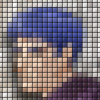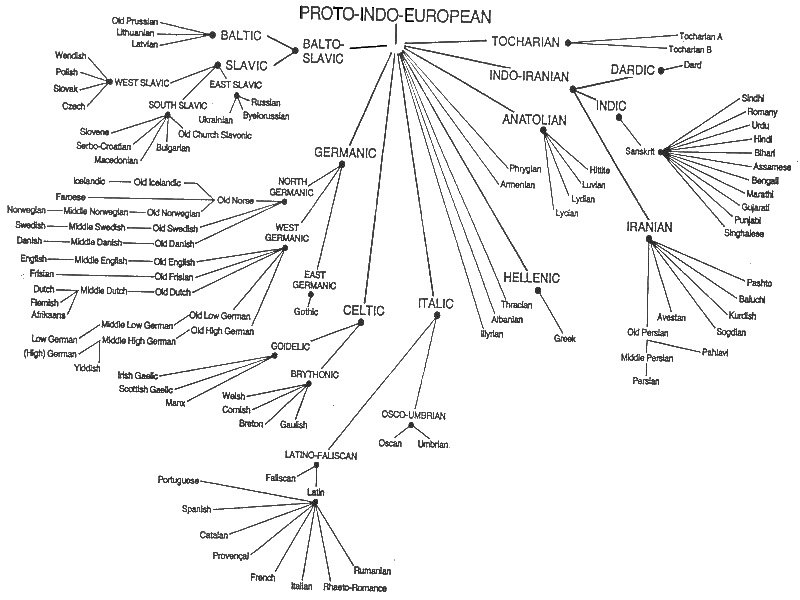Quote: Original post by Kirl
It's strange because it's directly translatable to dutch, saying exactly the same, but we take it to mean the direct opposite. The "everything" in our saying refers to all of X's direct opposites.
I've been using some software thats written in Dutch so I've been using iGoogle to translate the weird jumble of characters you guys call words. Some of the direct translations are quite weird. Certainly not how you would say it in conversational English. One of those cultural things where it makes sense if you were brought up with it but doesn't make to much sense when looking at it from the outside.







